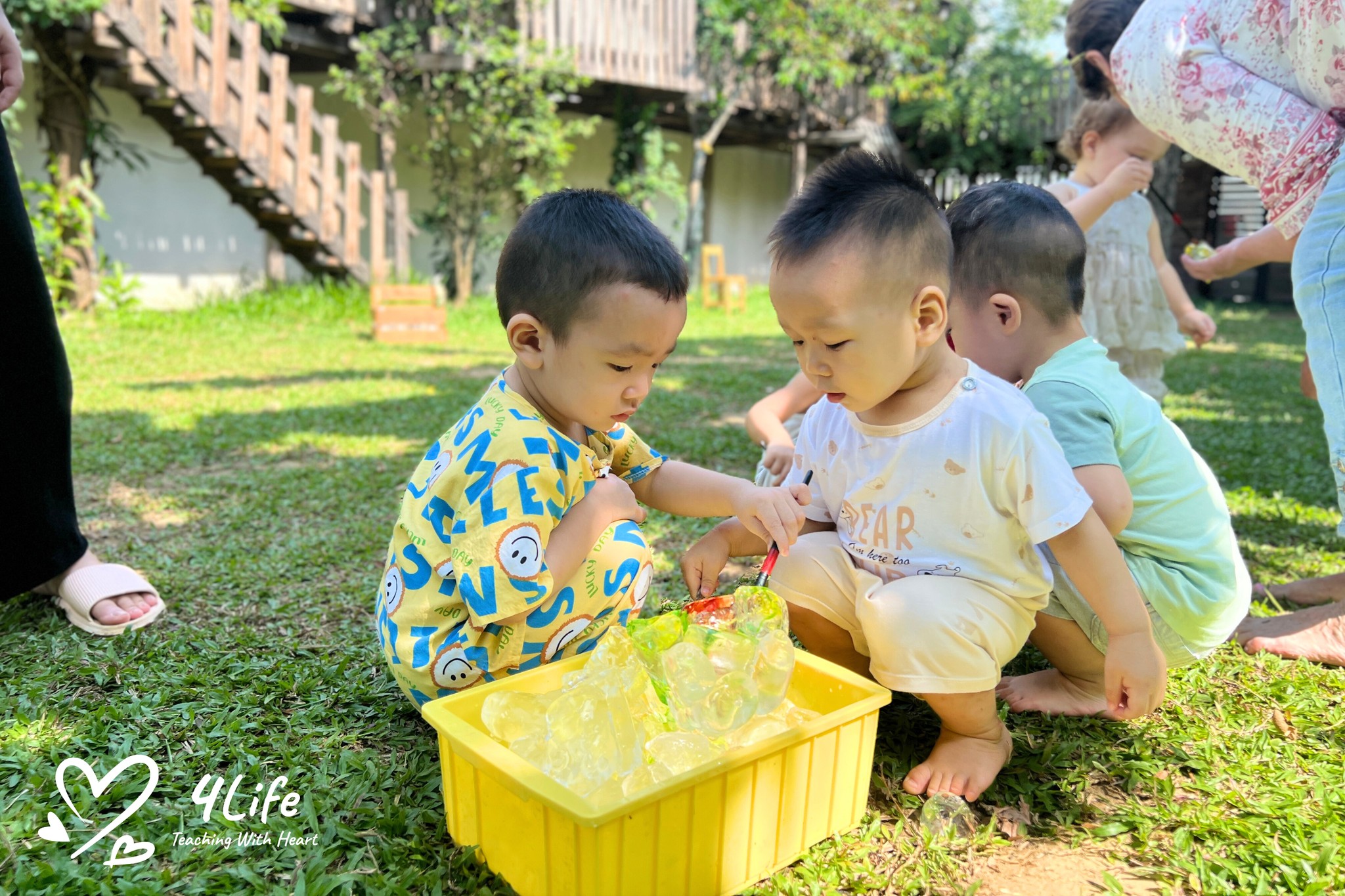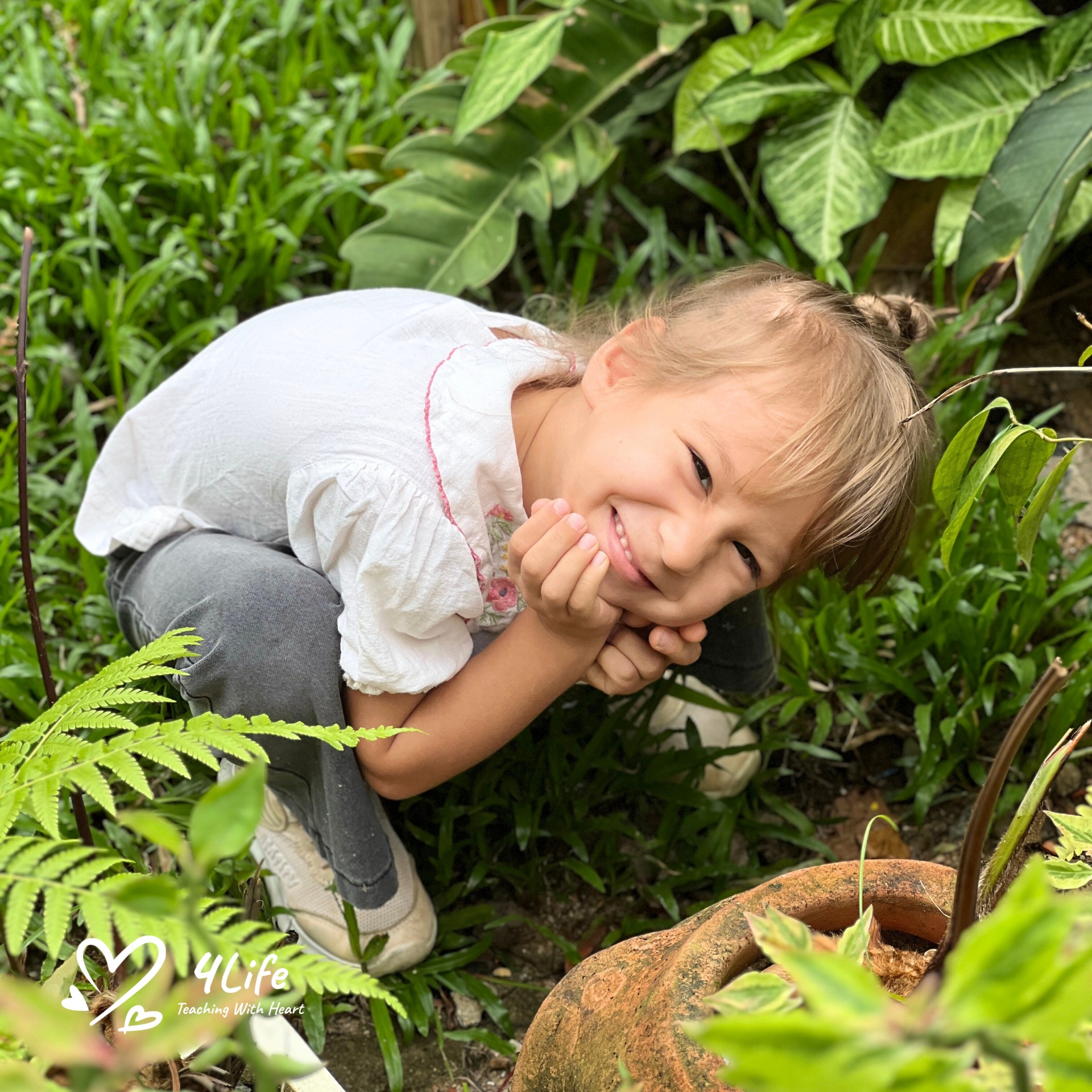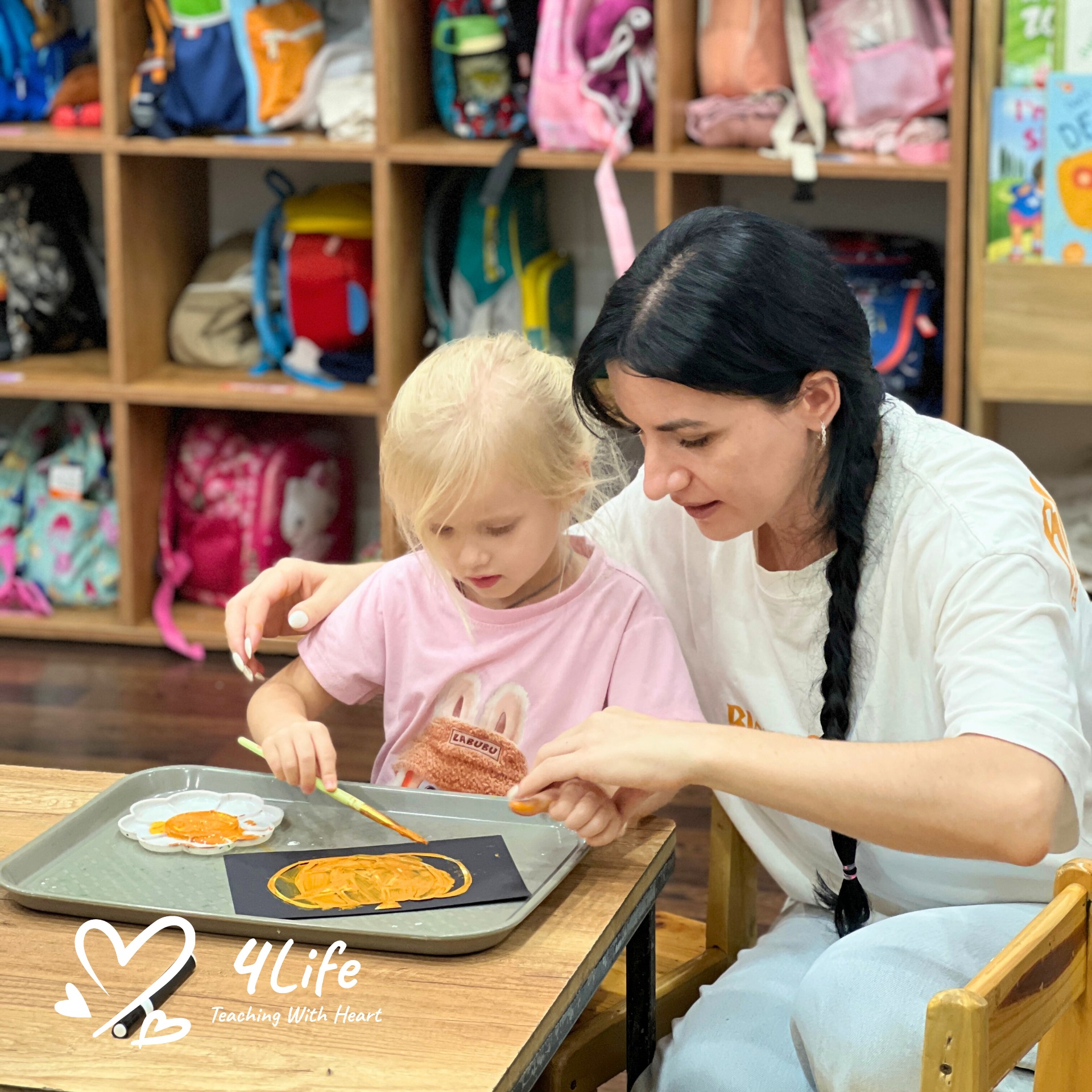Coping with family change can be challenging, especially for young children who rely on routine and emotional safety. Whether it’s a joyful shift like a new sibling or a painful one like divorce, supportive parenting makes all the difference. Let’s find out with 4Life Education how to guide children through life’s changes with care and stability.
Why coping with family change matters?
Life is filled with change—some expected, some not. For adults, it may feel like part of the natural course of things. But for young children, even small disruptions can feel overwhelming. Their sense of safety is tied closely to familiar routines and the consistent presence of loving caregivers.

Coping With Family Change
Whether it’s the arrival of a new baby, a change in caregiving arrangements, a move, or the loss of a loved one, transitions impact children deeply. Their world may feel uncertain or turned upside down, and they may not yet have the emotional language to express their feelings.
As parents, we cannot always shield children from change, but we can soften its impact. Our role is to guide them with calm, clarity, and compassion—helping them adjust while maintaining as much normalcy and connection as possible.
The importance of routine and familiarity
Predictable routines help children feel grounded. They provide structure in an unpredictable world and send the message: “You are safe here.” When change occurs, even happy changes like the arrival of a sibling, these routines may be disrupted—and children can feel confused, clingy, or even act out.
Maintaining simple routines such as mealtimes, bedtime rituals, and storytime becomes especially important during times of transition. Keeping familiar caregivers close and minimizing additional stressors can offer much-needed comfort.
Even if the family’s daily rhythm must change, try to build new routines quickly so children know what to expect. Talk through the changes in advance if possible. For instance, say, “When your baby sister comes home, Mommy and Daddy will both be busy, but we’ll still read our book together every night.”

Coping With Family Change
In these moments, small consistencies become big sources of reassurance.
Gentle ways to support emotional processing
Every child will react differently to change. Some may ask endless questions, while others may withdraw. Some may regress—suddenly waking at night, seeking extra attention, or expressing anger. These are all normal reactions. The key is to listen, validate, and respond gently.
Children don’t always need long explanations. In fact, too much information can overwhelm them. Instead, listen to their questions and answer with clear, age-appropriate honesty. Offer reassurance that they are loved and safe, and allow them to express their feelings—even if those feelings are hard to hear.

Gentle ways to support emotional processing
For more difficult changes such as separation, divorce, or the death of a loved one, approach each conversation with tenderness. Avoid giving more information than your child asks for. Be present, and try not to let your own emotions spill over too heavily. Your calm presence gives children the space they need to begin healing.
At 4Life Education, we believe that when parents are emotionally available, children find the courage to adapt.
How to talk about separation, divorce, or loss?
Major changes such as a family separation or the loss of a family member can leave children with deep confusion and sadness. During these times, what children need most is honesty, consistency, and security.
If you are navigating a separation or divorce, remember this essential rule: Do not involve your child in adult conflict. That means never asking them to take sides, pass messages, or comfort you. Even subtle comments can make children feel torn between the people they love most.

How to talk about separation, divorce, or loss?
Offer a united front when possible. Let your child know that although the family is changing, your love for them will never change. Avoid blaming or criticizing the other parent in front of your child.
When it comes to grief, be gentle. Answer your child’s questions simply, and only as much as they want to know. Some children will ask a lot, while others just need a hug and time. Reassure them that they are safe, and that it’s okay to feel sad, angry, or confused.
And remember: if you feel overwhelmed yourself, it’s okay to seek professional support—for you and for your child.
The power of family meetings
One tool that can support children through any kind of change is the family meeting. When held regularly, these short gatherings become a space for connection, sharing, and solving problems as a team.

Coping With Family Change
Family meetings don’t need to be long or formal. In fact, keeping them light and enjoyable at first helps children feel more open and engaged. As time goes on, the space becomes safe for sharing bigger feelings and discussing family challenges.
Here are a few simple guidelines:
– Hold weekly meetings with all family members age three and up
– Choose a quiet, relaxed time—not during meals
– Eliminate distractions like phones, TVs, or computers
– Take turns leading the meeting, even letting young children help
– Start with gratitude—thank each other for kind or helpful actions
– Let children share ideas or feelings
– End with something joyful, like a song or silly game
When family meetings become routine, they offer children a strong sense of belonging—even when everything else is changing.
Taking care of yourself, too
Supporting children through family change can be emotionally draining for caregivers. You might feel sadness, guilt, fear, or confusion. But remember, your ability to remain calm and grounded helps your child feel the same.

Coping With Family Change
It’s important not to turn to your child for emotional comfort. That’s a role best filled by other adults—friends, counselors, or parenting support groups. Taking time for your own self-care, whether through rest, reflection, or reaching out, is a strength, not a weakness.
Your resilience becomes a model for your child’s own. When they see you navigating change with honesty and heart, they learn to do the same.
Coping with family change takes patience, love, and gentle guidance. Whether your child is facing joyful shifts or painful transitions, your presence and consistency make all the difference. With simple routines, honest conversations, and time to connect as a family, you can help your child feel safe – even when life is changing.








0 Comments